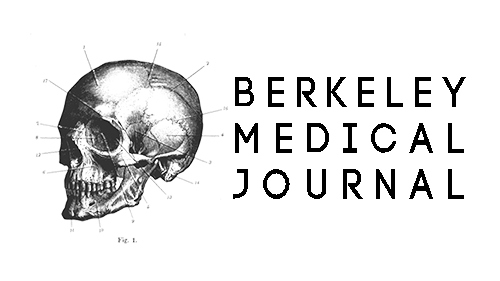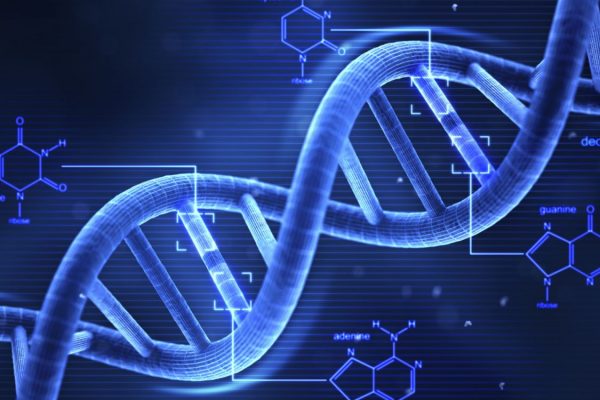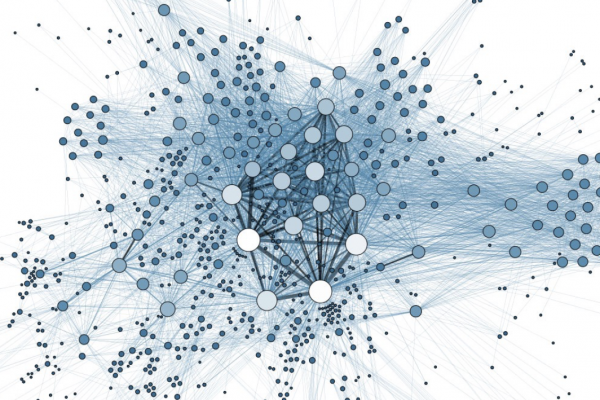By Jessica Chun Hei LuiA remarkable list of urban myths exists regarding the alleged benefits of falling ill with a fever, with some parents believing fever episodes will even help their children grow taller. Amongst the myriad of colourful ideas, there are many that seem less credible than others despite being demonstrated multiple times over the past few decades by the scientific and medical community: including the observation that a proportion of autistic children can display reduced symptoms during feverish episodes when falling ill. This article will summarize and explain the research efforts poured into this line of work, and features Professor Catherine Dulac of Harvard University’s Molecular & Cell Biology Department, who herself spent years studying this fascinating phenomenon, otherwise known as the “fever effect”.
Fever is a normal physiological reaction triggered by pro-inflammatory signaling released from immune cells in response to pathogenic molecules. In circumventricular organs in the brain, such as the vascular organ of lamina terminalis (OVLT), the higher permeability of the blood-brain barrier allows for further immune action, and can subsequently modify body temperature, sleep, and thirst mechanisms. Resulting febrile conditions allow the immune system to mount a stronger response to invading pathogens, and are thus a key feature of bodily defense during an infection. This is usually coupled with “sickness behaviour”: a patient’s priorities are reorganized when they are sick, leading to symptoms such as decreased social and physical activity, increased fatigue, changes in appetite, and mood swings.
In my interview with Professor Catherine Dulac, she described her early interest in sickness behaviour long before its studies were popularized by the COVID-19 pandemic. As a scientist, how would one attempt to determine whether fever was the true cause of the lethargy, behavioural attraction to heat sources, and loss of appetite observed in typical patients? “Some of these human responses are intuitive,” said Professor Dulac. “We can understand why we want to increase our body temperature by using blankets and craving hot drinks.” Any increase in temperature is beneficial for immune function and thus helps to optimize pathogen-fighting ability. “Lethargy is our body’s method of saving energy for the immune system. But why would we experience a loss in appetite?” Professor Dulac challenges. “The challenge here is noticing how inflammation coordinates all these different characteristics.” Studies have shown that forcing animals to eat when sick actually reduces survivability. This puzzling and counterintuitive observation is slowly being unraveled by diving deeper into the areas of the brain that organize these modifications in response to infection.
Professor Dulac and Dr Jessica Osterhout explored the cause of sickness behaviour in their Harvard laboratory in 2022. In order to induce fever in mice, they injected a pro-inflammatory agent known as lipopolysaccharide (LPS) to mimic the process of an infection. RNA-sequencing and fluorescence in situ hybridization were used to evaluate activation effects on the brain and their distribution. These revealed that certain inhibitory neuronal clusters in the ventral medial preoptic VMPO area of the hypothalamus were activated after the LPS administration. Due to its proximity to the OVLT circumventricular organ, the researchers believe this is strong evidence to argue that the VMPO indeed contains the fever-generating neurons that they were hoping to locate. The sequencing also revealed expression of prostaglandin E2 receptors PGE2 throughout the region; prostaglandins are key components that make up the fever-generating pathway and are necessary to kickstart the characteristic increase in body temperature. Selective activation of suspected individual neuron clusters was performed to evaluate impact on sickness behaviour. Thus it was found that VMPO neuron activation induces loss of appetite and promotes warmth-seeking behaviour in mice, with little effect on lethargy.
It seems evident that the brain is linked to sickness in unpredictable pathways yet to be fully explained. “What I hope readers can take away from this paper is that if you feel sick and unwell, the main cause is not pathogen toxicity, but actually your brain generating an organized response,” stated Professor Dulac. “Response is adaptive – you are not lazy for staying in bed or for losing your appetite. It is crucial to rest according to your body’s needs.”
During consultation sessions, some confused parents of children with autism spectrum disorder ASD have repeatedly brought up the same observation: when their child develops a fever, their symptoms temporarily subside. Children who normally throw tantrums and display hyperactivity become inexplicably agreeable, as if sedated, with improved speech and social interaction. The theory that lies at the core of the mysterious transformation is that the hypothalamus, which acts as a homeostatic integrating centre in the brain, is connected to both the mechanisms of thermoregulation, as well as to the neural pathways signaling behaviour. Simultaneous effects on the hypothalamus due to the fever will temporarily alter the other networks nearby and thus improve social performance. When the abnormally high temperatures return to normal after recovery from the sickness, the hypothalamic conditions also revert to their usual state, reinstating the patient’s usual behavioural symptoms.
These unexpected results are supported by scientific investigation, as outlined in one 2023 study led by Efrat Muller. Using collections of data and machine learning, the study pinpointed that 1 out of 6 children with ASD have reported behavioural improvement during episodes of fever. What could be happening in the children’s bodies to cause this drastic change? The researchers hypothesised that there may be underlying immune mechanisms at work: a pro-inflammatory cytokine known as interleukin-17a (IL-17a) has been shown to be capable of rescuing social deficits in autistic mice models, restoring sociability. IL-17a is also implicated in the concurrent gastrointestinal disturbances observed in fever-responsive ASD cases. It is therefore possible that the overlapping of mechanisms has generated this potential for one pathway to influence another, thus momentarily modifying the childrens’ behaviour.
Professor Dulac and Dr Osterhout’s laboratories will continue to investigate the deeper neural mechanisms that underlie sickness behaviour and its modifying factors. The more research that is successfully carried out, the better the chances of new treatments for autism to be crafted according to our knowledge of these intricate connections to the hypothalamic region and other bodily homeostatic components.






